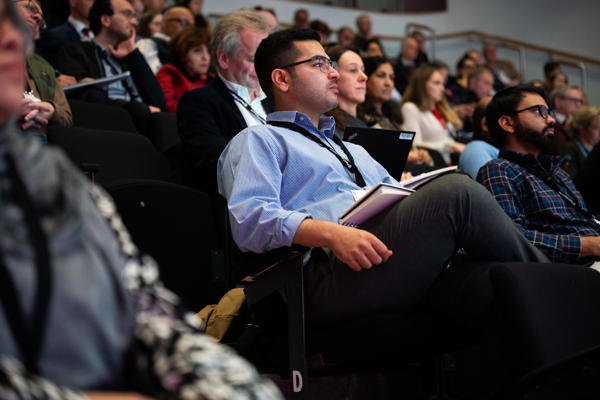RCP Cymru Wales has published a new briefing paper that sets out the detailed Welsh findings from the 2022 UK census of consultant physicians.
The Royal College of Physicians has launched More than a career which reveals that in Wales, only 33% of consultant physicians feel in control of their workload. Other data shows that:
- 57% of consultant physicians report vacant consultant posts
- 61% of consultant physicians report daily or weekly trainee rota gaps
- 74% of consultant physicians feel that rota gaps are having a negative impact on patient care
- 82% of consultant physicians routinely work above their contracted hours
- 41% of consultant physicians say that they have an excessive workload
- 52% of consultant physicians working full time would like to reduce their hours
- 47% of consultant physicians intend to retire within the next decade.
The briefing paper sets out the detailed Welsh findings from the 2022 UK census of consultant physicians, providing fresh insight into the demographics and mindset of senior doctors in Wales.
It warns that 47% of consultant physicians are expected to reach their intended retirement age within the next decade, which is likely to remove more than 400 doctors from the NHS Wales medical workforce by 2032.
Without enough doctors in training staying in Wales to replace them, staffing shortages will continue to worsen, leading to even tougher working conditions and a growing recruitment and retention crisis.
Dr Hilary Williams, RCP vice president for Wales said:
'Medicine is more than a career for many people, and as doctors, we are passionate about providing excellent patient care – but we’re trying to do too much, with too few people and too little money. We certainly need to take better care of our junior doctors, especially those working in smaller local hospitals around Wales where the workload is becoming unsustainable.’
'I'm afraid to say our census findings from Wales paint a grim picture of frequent rota gaps, unfilled consultant vacancies and excessive workloads. With only a third of consultant physicians feeling in control of their workload and almost half planning to retire within the next 10 years, we really are facing a serious situation. We need more staff on the ground – not just doctors, but nurses, therapists and social workers too – and we need more investment in social and community care.'




